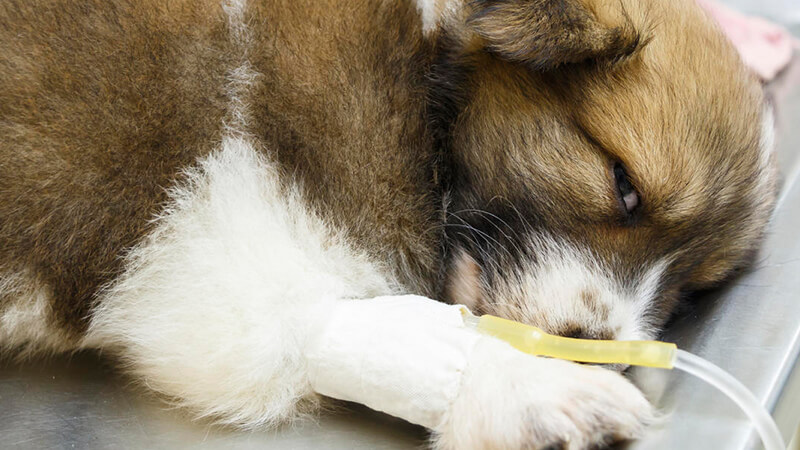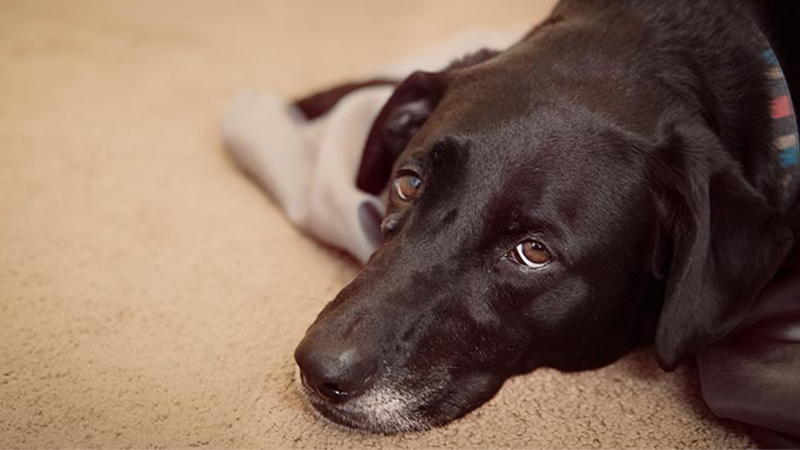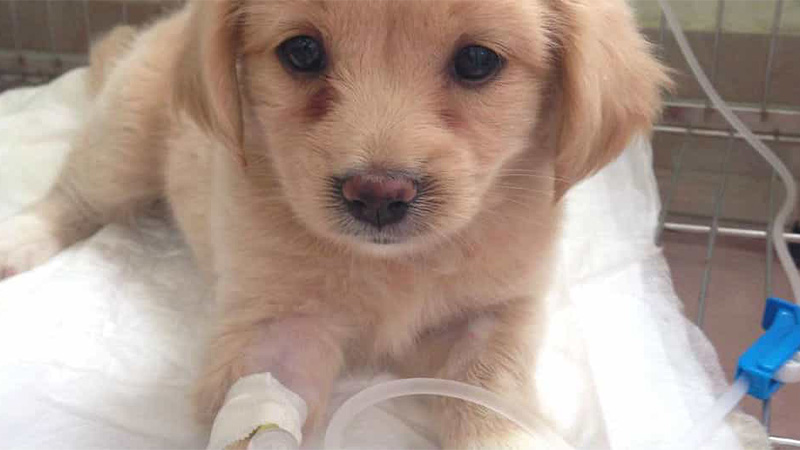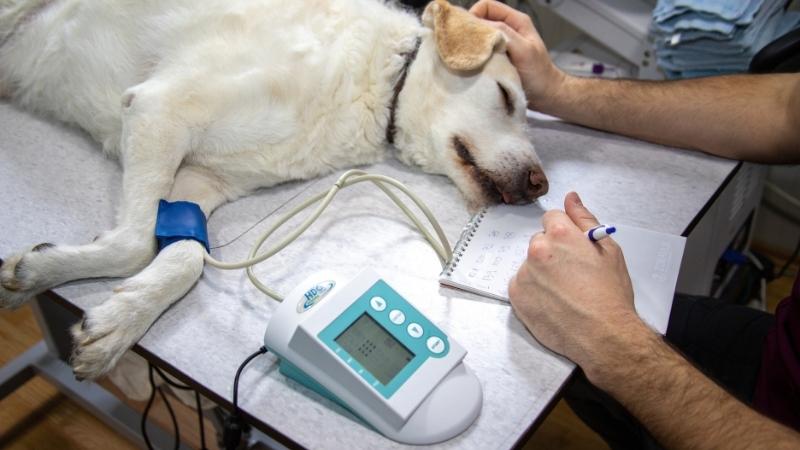Parvovirus in dogs, or Parvo, is a highly dangerous and potentially fatal disease. The following information will help you understand more about Parvo and how to treat it.
1 What is Parvo (Parvovirus) in Dogs?
Parvo, or Canine Parvovirus, is a highly contagious disease with a mortality rate of over 80% within a short period. The virus typically affects the stomach of dogs, usually puppies under 3 years old. There is no specific cure for this disease, only supportive treatment, which is why it is considered dangerous. Parvo outbreaks tend to occur during seasonal changes, unpredictable weather, and sudden temperature fluctuations.
 Canine Parvovirus
Canine Parvovirus
Parvo can be mistaken for other diseases such as Coronavirus, hemorrhagic enteritis caused by bacteria, coccidiosis, and hookworm infestation. Therefore, it is crucial not to attempt treatment at home and instead seek a reputable facility for diagnosis and treatment.
For more information: Let’s explore the causes and prevention methods!
2 Causes, Symptoms, and Treatment
Causes of Parvo in Dogs
Parvo is caused by the Canine Parvovirus, which spreads rapidly. The virus hides in the feces and urine of infected dogs. Healthy dogs can contract the virus by coming into contact with these bodily excretions.
 Causes of Parvo in Dogs
Causes of Parvo in Dogs
The virus typically affects dogs between 1 and 12 months of age and can also infect adult dogs, but it is not life-threatening. However, these adult dogs can become carriers and spread the disease.
Symptoms of Parvo in Dogs
Due to the rapid progression of the disease, Parvo can lead to death within 2-3 days of the first symptoms appearing. If your dog exhibits any of the following symptoms, seek veterinary attention immediately:
– Lethargy, depression, loss of interest in playing.
– Reduced appetite, but a distended abdomen.
– Fluctuating body temperature; check for fever.
– In severe cases, bloody diarrhea. Dehydration makes the dog more susceptible to the virus.
– Abnormal stool: watery, discolored, or bloody.
 Symptoms of Parvo in Dogs
Symptoms of Parvo in Dogs
Treatment for Parvo in Dogs
– There is no specific cure for Parvo, so it is crucial to consult a veterinarian for appropriate treatment to prevent unfortunate incidents.
– Provide fluids and electrolytes to boost the dog’s immune system and prevent secondary infections.
– Isolate the dog in a clean, well-ventilated area, protecting it from external stressors. Ensure access to clean water.
– Control vomiting by administering atropine injections subcutaneously.
– Administer oral rehydration solution (5%) to replenish fluids and electrolytes.
– Control diarrhea with anti-diarrheal medications suitable for dogs: ADP, digestive enzymes, imodium, etc.
– Follow the veterinarian’s instructions for vaccinating your dog to prevent the disease.
 Prevent Parvo by vaccinating your dog on schedule.
Prevent Parvo by vaccinating your dog on schedule.
4 FAQs about Parvo in Dogs
 FAQs about Parvo in Dogs
FAQs about Parvo in Dogs
How long does Parvo last in dogs?
- Dogs infected with Parvo typically show symptoms within 3 to 10 days of exposure. These symptoms include lethargy, depression, loss of appetite, vomiting, fever, and other specific signs.
- In the following days, they may experience high fever, low body temperature, and frequent vomiting. Subsequently, they develop diarrhea, with bloody and foul-smelling stools. The virus can also affect the nervous system, causing seizures.
- Without timely treatment, Parvo can persist for 4-7 days. In rare cases, it may last for 1-2 months.
Can Parvo in dogs be transmitted to humans?
Parvovirus B19 can only infect humans, so a person cannot contract Parvovirus from a dog or cat. Additionally, dogs and cats cannot be infected with Parvovirus B19 from an infected person.
With this knowledge, we hope you can take better care of your furry friend and keep them healthy and happy.

































